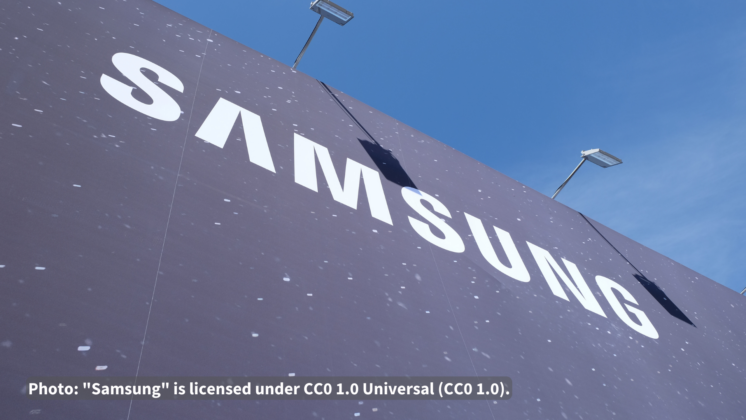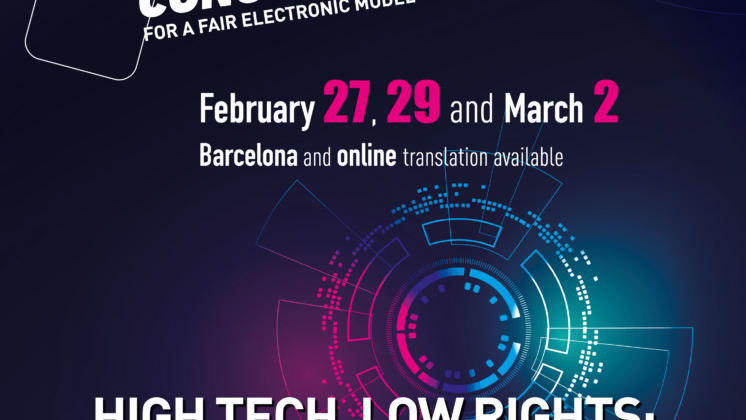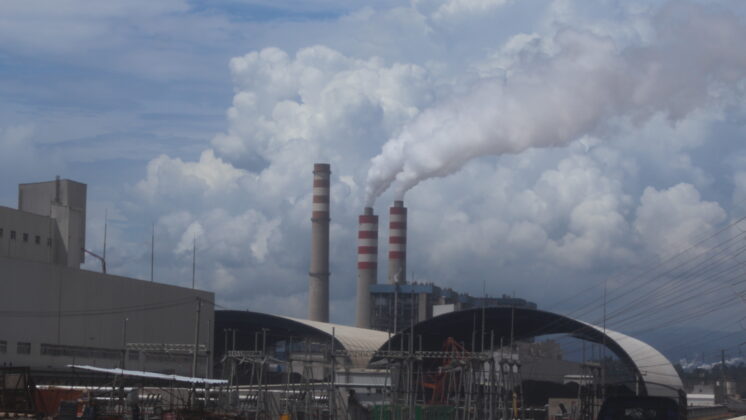The demand for cell phones, laptops, and other consumer electronics are helping fuel the deadliest conflict in the world, and most of us don't even know it. The deadly nexus in the Democratic Republic of Congo between conflict, sexual violence, and resource exploitation is undeniable. Militias and armies responsible for the scourge of sexual violence in eastern Congo battle for control over "conflict minerals" - the ores that produce the tin, tungsten, and tantalum found in electronic products that we use every day-and finance themselves through illegal taxation and illicit trade. Enough's latest strategy paper explains the connection between consumer appetites and violence against Congolese women and girls and lays out practical steps that policymakers, electronics companies, and ordinary individuals can take to help break this vicious cycle.
Can You Hear Congo Now? Cell Phones, Conflict Minerals, and the Worst Sexual Violence in the World
Our demand for cell phones, laptops, and other consumer electronics are helping fuel the deadliest conflict in the world, and most of us don't even know it. The deadly nexus in the Democratic Republic of Congo between conflict, sexual violence, and resource exploitation is undeniable. Militias and armies responsible for the scourge of sexual violence in eastern Congo battle for control over "conflict minerals"- the ores that produce the tin, tungsten, and tantalum found in electronic products that we use every day-and finance themselves through illegal taxation and illicit trade.
Enough's latest strategy paper explains the connection between consumer appetites and violence against Congolese women and girls and lays out practical steps that policymakers, electronics companies, and ordinary individuals can take to help break this vicious cycle.
"Because we are all unconsciously part of the problem in Congo, all of us can consciously become part of the solution," says the report's author and Enough Co-Founder John Prendergast. "Collectively, American co nsumers have enormous leverage over the companies from which we purchase our electronics. We can marshal that power to press them to play a positive role to protect and empower Congo's women."
Raise Hope for Congo is a campaign of Enough. Enough is a project of the Center for American Progress.
READ the full strategy paper
EMAIL the 21 largest electronics companies to urge them to Sign the Conflict Minerals Pledge
SIGN the Congo Minerals Pledge
JOIN the movement
The conflict in eastern Congo - the deadliest since World War II - is fueled in significant part by a multi-million dollar trade in minerals. Armed groups generate an estimated $144 million each year by trading four main minerals: the ores that produce the metals tin, tantalum, tungsten, and gold. These materials eventually wind up in electronic devices, such as cell phones, portable music players, and computers, including those sold here in the United States. Given the lack of a transparent minerals supply chain, American consumers continue to indirectly finance armed groups that regularly commit atrocities and mass rape.
The electronics companies are powerful actors in their supply chains. If they show leadership, they can fundamentally change the way conflict minerals are bought and sold, ensuring that the minerals don’t contribute to armed conflict and the continuation of the worst violence against women and girls in the world. The Enough Project has worked with other like-minded groups to begin the conversation with the 21 largest electronics companies and create a conflict minerals pledge that commits electronics companies to ensure their products are conflict-free.
Companies manufacturing, retailing, or trading in materials containing tin, tantalum, tungsten, or gold that may originate in the Democratic Republic of the Congo have an obligation to ensure that they are not financing armed groups and military units or contributing to human rights abuses at any point along the supply chain. As consumers and suppliers of these products, we are united in our belief that we can be part of the solution to this deadly conflict.
Corporate Pledge
By signing the Conflict Minerals Pledge, the company commits to ensuring that its products will be conflict-free. In support of this goal, companies commit to the following steps:1. trace the supply chain for all tin, tantalum, tungsten, or gold in their products to verify their mines of origin; and
2. conduct independently verifiable supply chain audits to document the routes taken, intermediaries involved, and transactions made from mine of origin to final product.











